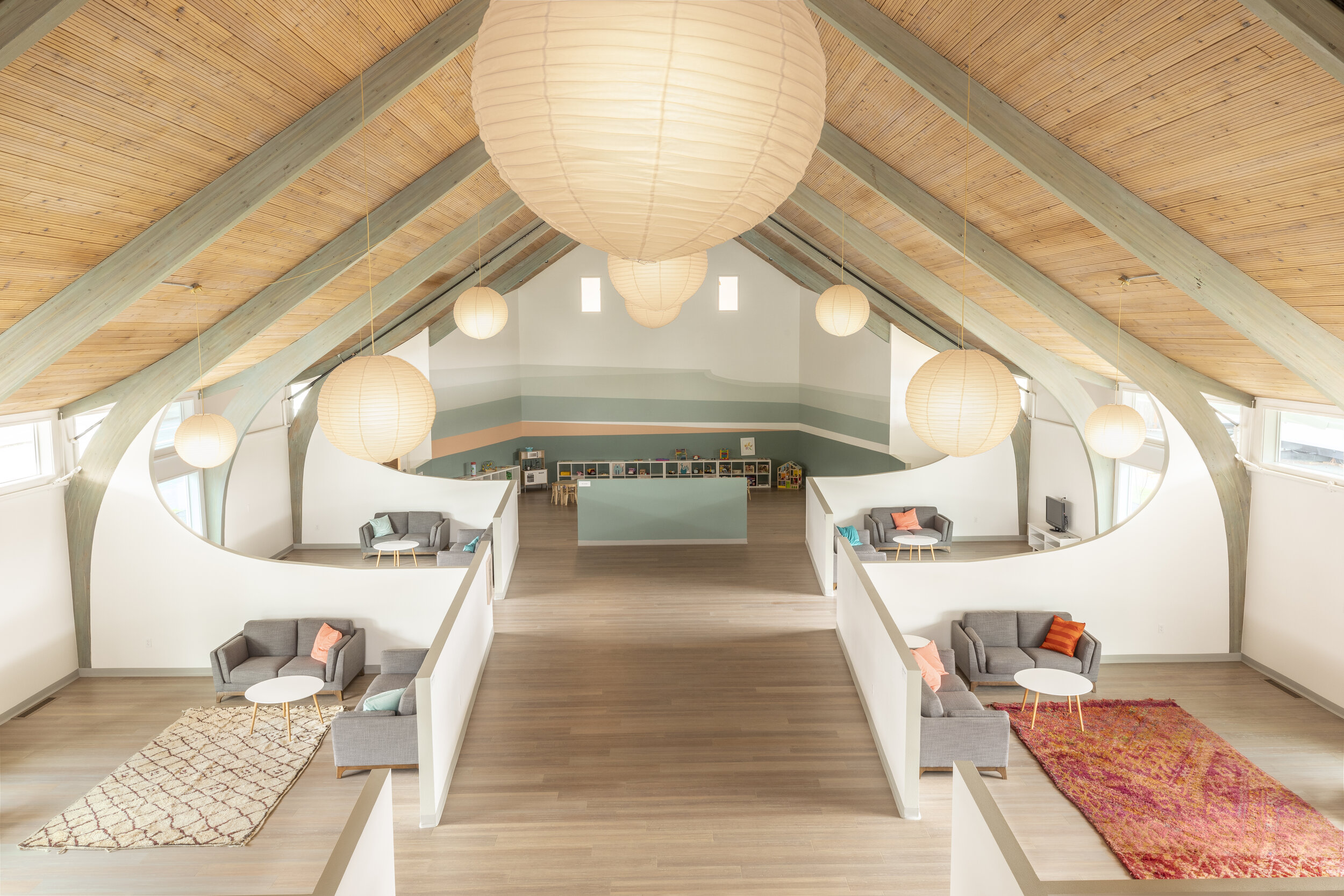
Trauma-Informed Practice
Path Home provides trauma-informed, culturally competent services to around 600 families annually. Our services aim to build dignity, restore power, and promote autonomy. Path Home is proud to use trauma informed care in both our programmatic practice with families, and also in the design of our buildings, which fully incorporate trauma-informed design and architecture.
Trauma-Informed Care
Trauma-informed care is a strengths-based framework that includes an understanding what happens in the brain when someone experiences psychological trauma like homelessness, and a commitment to respond in a way that emphasizes physical, psychological, and emotional safety for both clients and providers. Trauma-informed care creates opportunities for participants to build dignity, restore power, and rebuild a sense of control and empowerment.
Trauma-Informed Care:
Realizes how widespread the impact of trauma is (did you know 93% of women who experience homelessness have also experienced sexual assault?)
Recognizes the signs and symptoms of trauma in clients, families, staff, and others involved with the system
Responds by integrating knowledge about trauma into policies, procedures, and practices
Resists re-traumatizing both clients and staff
Learn more: Trauma-Informed Oregon
Trauma-Informed Design & Architecture
Trauma-Informed design and architecture is an innovative type of design which is shown to help people heal from the crisis and trauma of homelessness and can lead to better outcomes, like shorter shelter stays and greater success moving into housing.
The features of trauma-informed design include:
a sense of abundance and a strong connection to nature through real plants both indoors and outdoors, natural materials, and abundant natural light
the color palette of the ocean with very minimal contrast between colors
flexible spaces that can be used in multiple different ways
a sense of spaciousness and cleanliness
round forms and curved lines that bring a sense of uplift and positivity
Path Home fully employed trauma-informed design in the creation of the Family Village Campus which opened December 2019. Path Home is the first shelter in Oregon featuring trauma-informed design and architecture.
